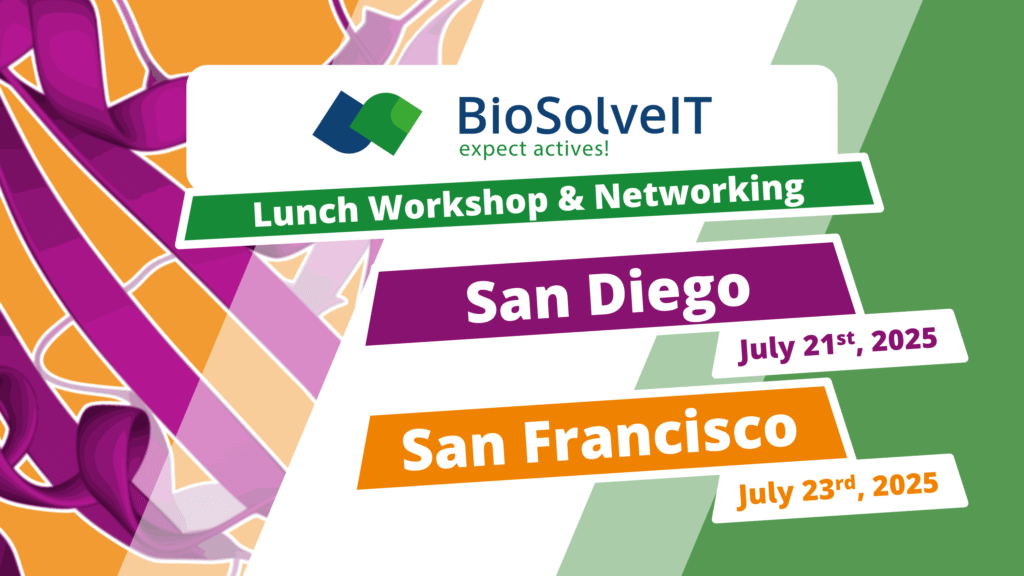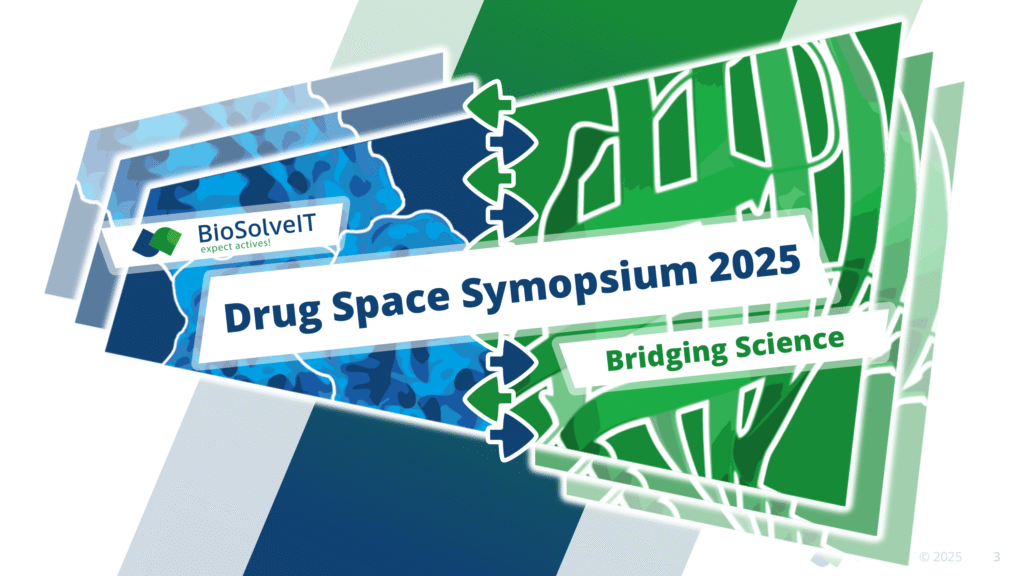While the amount of publically available protein structures substantially grows, the software ecosystem for life scientists interested in gaining knowledge from structures is still mostly based on commercial, monolithic modeling software. With increasing capabilities of web browsers with respect to visualization and interactivity, it is the right time to established web-based modeling systems. The aim is to make these systems reliable and easy to use such that students and ocasional users from life science have a low entrance barrier. About five years ago, we started the development of the ProteinsPlus web server. Based on the PDB visualization (NGL viewer) and query REST API, ProteinsPlus offers a series of structure processing services allowing to get quick insights from structural data. Today, ProteinsPlus offers 11 tools, the most recent addition is GeoMine, the first geometric search engine on the entire set of protein-ligand interfaces from the PDB. GeoMine allows to browse protein-ligand complexes by geometric features with typical response times in the range of tenths of seconds to minutes.








